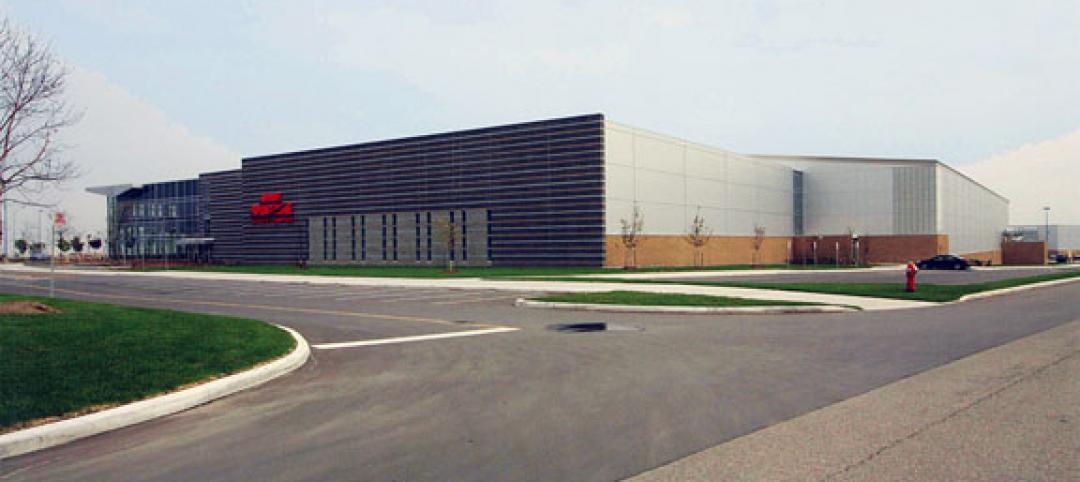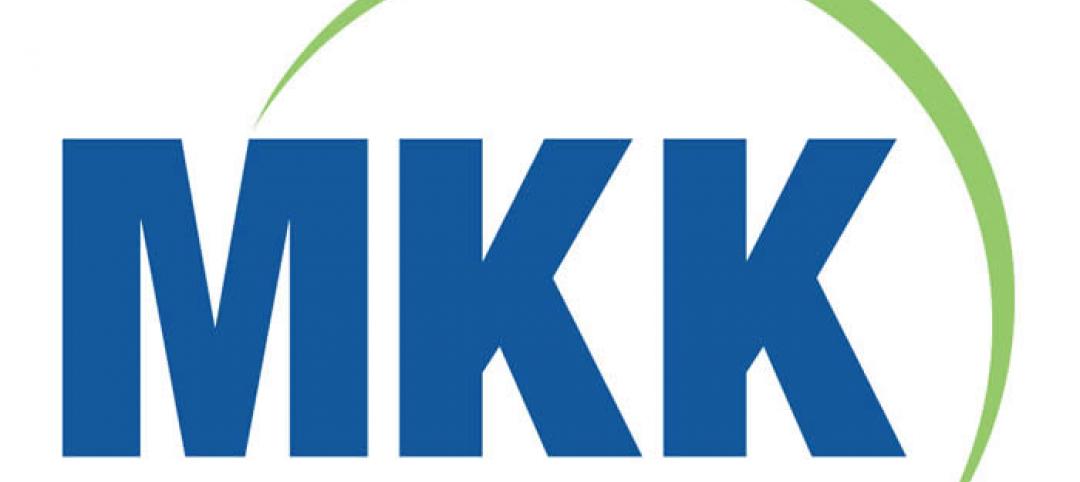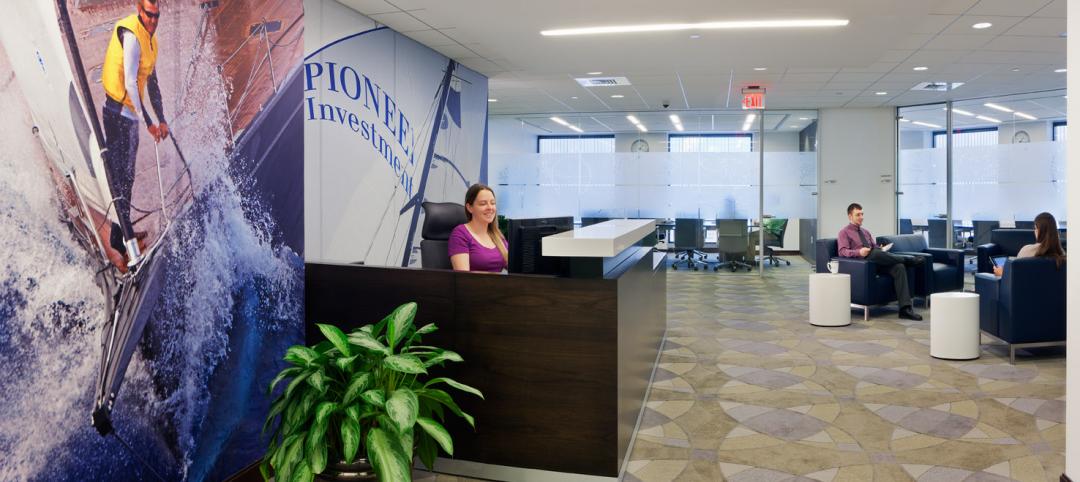Note: This article originally appeared in BD+C's April 2013 AIA/CES course, "Advanced Controls and Exterior Tactics for Better Illumination." This free class is available on BD+C University.
“We don’t specify LEDs,” says Avraham Mor of Lightswitch Architectural. “We specify solid-state luminaires and lamps (SSL) that use LEDs.”
Mor’s correction of this common misuse of the term “LED” is significant, because a problem associated with SSL is often just a problem with a specific LED product. “SSL is the only source to use when trying to meet energy reduction goals while maintaining the look and feel we typically work toward,” he says. “We have had great success, but it takes a great designer and client to manage the entire process.”
In fact, many complaints about LEDs are often attributable to the SSL, and vice versa, leading to complaints about a technology that sometimes fails to meet expectations. But SSL, as Mor says, is really the future of energy reduction; with careful design and specification, it is also the present.
PNNL’s Naomi Miller points to the myriad benefits of LED technology: “Higher lumens-per-watt than fluorescent, good lumen maintenance over time (in some cases better than fluorescent), long life compared to CFL or metal halide, and excellent color compared to almost any conventional light source.” She adds that the small form factors mean LEDs are richly accommodating, allowing designers enormous creative flexibility with space, configuration, and color.
Lumen Architecture’s Nelson Jenkins says blanket substitutions aren’t necessarily a good strategy, however: “Not all LED products match the quality of the other sources we specify.” In addition, price is still an issue. “We find that while the cost of LEDs has come down, they tend to be more expensive than, for instance, a halogen version. But the up-front cost for LEDs can often be offset by the energy savings and reduced maintenance.” Jenkins suggests explaining to clients that SSL will require re-lamping less often—an especially strong selling point in vaulted spaces or exterior applications.
Ultimately, the SSL category is a work-in-progress, not a panacea. “LED is certainly very popular, and many designs would not be possible without it,” The Lighting Practice’s Stephen Hoppe says, referring to exterior applications. “But ceramic metal halide also provides great color rendition and warmth and can often be as efficient as LED.”
James Benya of the California Lighting Technology Center, UC-Davis, has concerns about how codes and standards may be affecting the market for products and systems, particularly LEDs. He hopes to see energy codes and sustainable building standards that do not promote particular technologies.
“The current trend shows a rush to use LEDs,” warns Howard Brandston, founder of Brandston Partnership. “One must determine if LED is the right choice after sifting through the qualities of all the alternate products. There is no change in the design process,” he concludes, “just an additional product to select from.”
Related Stories
| Sep 19, 2012
HGA Architects & Engineers moves offices in San Francisco
HGA’s San Francisco office has grown by nearly 25% in the past two years, adding shared expertise to the 120-person California practice, which includes the Sacramento and Los Angeles offices.
| Sep 19, 2012
Sasaki opens office in Shanghai
Office supports firm’s present and future work in China, throughout Asia.
| Sep 18, 2012
MBMA partners with ORNL for whole building energy efficiency study
The results are intended to advance energy efficiency solutions for new and retrofit applications.
| Sep 18, 2012
MKK opens office in North Dakota
MKK is currently working on seven projects in North Dakota, including a hotel, restaurant, truck stop, office building, and apartment complex.
| Sep 18, 2012
Firestone Building Products launches new website
Deep product information and innovative customer support tools are highlights.
| Sep 13, 2012
Leo A Daly Company promotes Kraskiewicz to senior vice president
Kraskiewicz, who most recently served as chief operations officer for the Leo A Daly division, will guide brand management, business development, operations and financial performance for 18 offices worldwide.
| Sep 13, 2012
Acentech adds audiovisual expertise to Trevose, Penn. office
Artese focuses on advising, overseeing, and maintaining the client’s vision for the project from the initial kick-off meeting to the final commissioning of the completed systems.
| Sep 13, 2012
Margulies Perruzzi Architects completes office design for Pioneer Investments
MPA updated the office design and additional support space consisting of five floors at Pioneer’s Boston office located at 60 State Street.
| Sep 12, 2012
Harvesting new ways to eliminate waste at the USDA
After installing 20 high-speed, energy-efficient hand dryers in restrooms throughout the USDA headquarters; the USDA reports seeing an immediate 50% reduction in the use of paper towels.
| Sep 11, 2012
RTKL appoints Lance Hosey as Chief Sustainability Officer and Senior Vice President
Author and authority on green design to spearhead RTKL Performance-driven DesignSM initiative.

















